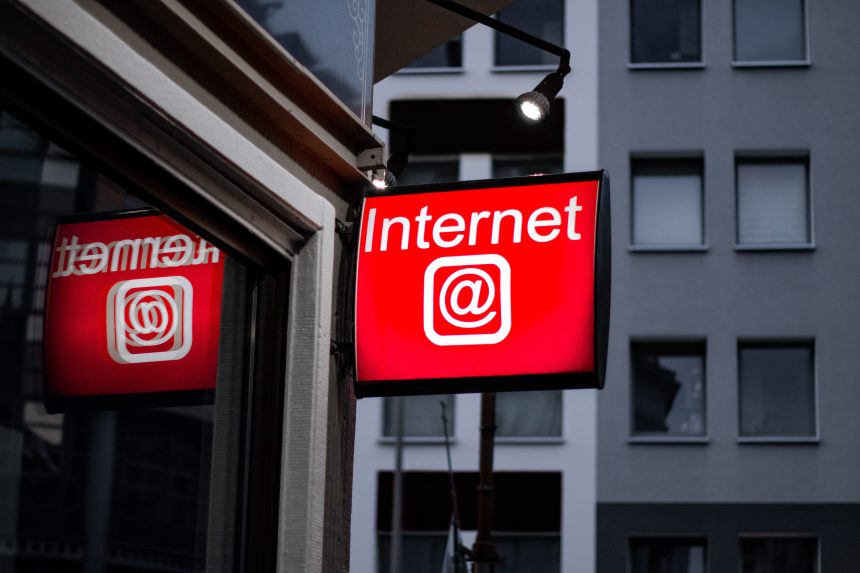Internet Blackouts Surge Across Africa in 2024
Internet shutdowns have reached unprecedented levels across Africa in 2024, with governments increasingly using digital blackouts to suppress protests, manipulate elections, and silence dissenting voices. A new report by Access Now and the #KeepItOn coalition has documented a record 21 shutdowns across 15 African nations—the highest ever recorded in a single year for the region.
Why This Matters
Internet shutdowns pose a direct threat to democracy, human rights, and economic stability. When governments cut access to the internet, millions are left disconnected, preventing citizens from organizing, accessing critical information, and exposing human rights abuses. These blackouts deepen crises during conflicts and have long-term economic repercussions.
The Numbers: A Global and Regional Crisis
- 296 internet shutdowns were recorded worldwide across 54 countries in 2024.
- 21 shutdowns were documented in 15 African nations, surpassing all previous records.
- Protests were the leading trigger for blackouts, with 12 shutdowns across 9 African countries linked to political unrest.
SEE ALSO: The Impact of a Five-Day Internet Downtime on Remote Workers in Nigeria
The Worst Offenders: Africa’s Internet Blackout Hotspots
Several governments have repeatedly imposed internet shutdowns, often during elections, protests, and civil unrest:
Ethiopia
- Despite promises of restoration, large parts of Tigray and Amhara remain disconnected from the internet.
- Shutdowns continue to hinder recovery efforts and obscure human rights violations.
Uganda
- Facebook has remained blocked for the fourth consecutive year, restricting free speech and access to information.
Kenya
- Authorities blocked Telegram during national exams for the second year in a row.
- Internet access was shut down during protests, with ripple effects impacting neighboring Burundi and Rwanda.
Mozambique & Equatorial Guinea
- Governments imposed curfew-style shutdowns and platform blocks in response to civil unrest.
- Citizens were unable to access social media platforms, further silencing opposition voices.

The Silver Lining: Resistance & Advocacy for Digital Rights
Despite the rising number of shutdowns, civil society organizations and international bodies are pushing back:
- The African Commission on Human and Peoples’ Rights (ACHPR) passed Resolution 580, urging African governments to maintain open internet access, particularly during elections.
- Mauritius reversed a planned social media ban following intense pressure from digital rights advocates.
- Global organizations, including Access Now and #KeepItOn, continue to challenge unjustified shutdowns in international courts and policy forums.
The Bottom Line
Internet shutdowns are increasingly being used as a tool for repression and censorship across Africa. By cutting off access, governments are infringing on freedom of expression, access to information, and digital rights. Advocacy groups warn that unless governments are held accountable, the trend of internet blackouts will continue to undermine democracy across the continent.
The fight for an open and free internet is more urgent than ever. As more African nations embrace digital transformation, ensuring unrestricted internet access should remain a top priority for policymakers, human rights organizations, and global watchdogs.
What’s Next?
With internet shutdowns rising, it is critical to:
- Strengthen regional and international regulations against digital blackouts.
- Hold governments accountable through legal action and diplomatic pressure.
- Support civil society organizations advocating for digital rights.
- Raise awareness on circumvention tools that help citizens bypass restrictions.
The internet is a fundamental right, not a privilege. African governments must protect, not restrict, digital freedoms.



